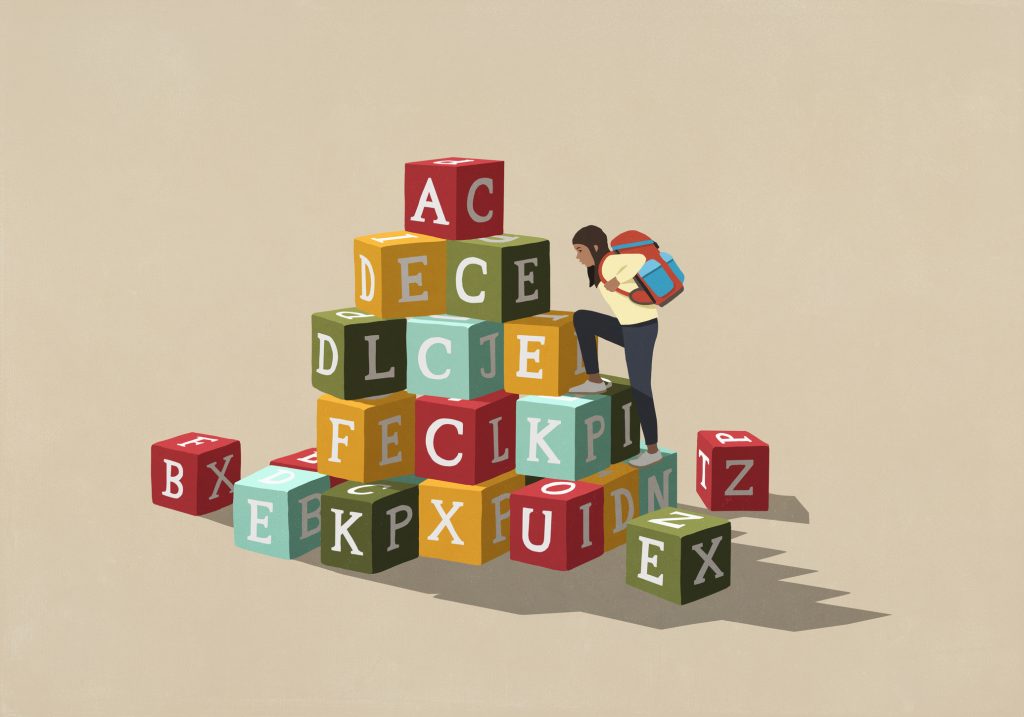
C4IE member Professor Martin Mills, in his second post for the AARE blog on education priorities for the 2025 federal election, explains why Australia needs “connected solutions” and “stronger alignment across sectors and policy portfolios”.
Education Crises: Teacher Shortages and Student Attendance
One of the most pressing issues is the shortage of teachers, particularly in disadvantaged and hard-to-staff schools. An education policy is needed to address these crises. For example, policy is required to consider how to make hard to staff schools more attractive places to work, to ensure that the curriculum is inclusive of differences, where young people are exposed to both powerful knowledge and also see their own community knowledge valued, and to ensure that school funding is targeted to favour schools and communities most in need.
High turnover leaves students unsettled and disengaged. What Grade 11 students had to say in a focus group:
“You just don’t feel comfortable at school anymore … yeah, we’re expecting teachers to leave now because it’s so common. “
“It’s also a bit unmotivating because if the person that’s getting paid to do this doesn’t want to do it anymore, why would you want to go and do it as well?.”
Addressing the teacher shortage is necessary to address young people’s engagement with schooling. But addressing student attendance and teacher shortages needs to go beyond education policy.
Housing Instability as an Education Issue
The housing crisis also plays a critical role in shaping educational outcomes. Families forced to move in search of affordable rentals disrupt children’s continuity of schooling, leading to higher absence rates. As one teacher explained:
“There are no rentals… we are averaging probably eight students… going to places where the rental is more affordable… “
Toxic Masculinity and Gender-Based Violence
Professor Martin Mills also points to the impact of toxic masculinity and gender-based violence on schools. Recent AARE blogs by Sam Schulz and Sarah McDonald What happens when the manosphere goes to university – EduResearch Matters and Stephanie Wescott and Steven Roberts What schools should do now the manosphere thinks it’s back in charge – EduResearch Matters, explore the dangers of online activity promoting toxic forms of masculinity and how schools must be supported to challenge harmful norms. The consequences for staff are serious: in one remote school, a principal reported that up to 15 per cent of staff had experienced bullying or sexual harassment…staff members claimed there was a culture of workplace violence and sexual harassment which had led to an exodus of staff.
The frustrated student
Domestic violence and family instability spill into classrooms. Professor Mills recalls a case of a Year 8 student, who was living in a “domestic violence” situation, was frustrated and struggling academically. And then: “Someone says something to him, and he goes out and he thumps someone… this has happened multiple times”.
For Professor Mills, the message is clear: Schools are regularly having to deal with crises that are not of their own making. Education policy needs to be joined up, connected, and there be real effort across policy sectors to build stronger alignment between different policy portfolios.
Read the full article here: Building joined up policy now, across and beyond the education sector – EduResearch Matters
 |
Professor Martin Mills is a Research Professor in the School of Teacher Education and Leadership at QUT and C4IE member. He was previously the inaugural Director of the Centre for Teachers and Teaching Research at the Institute of Education, University College London. His work has principally focused on social justice issues in education. These areas have included: teachers’ work and pedagogical practice, alternative education, and gender and education. |